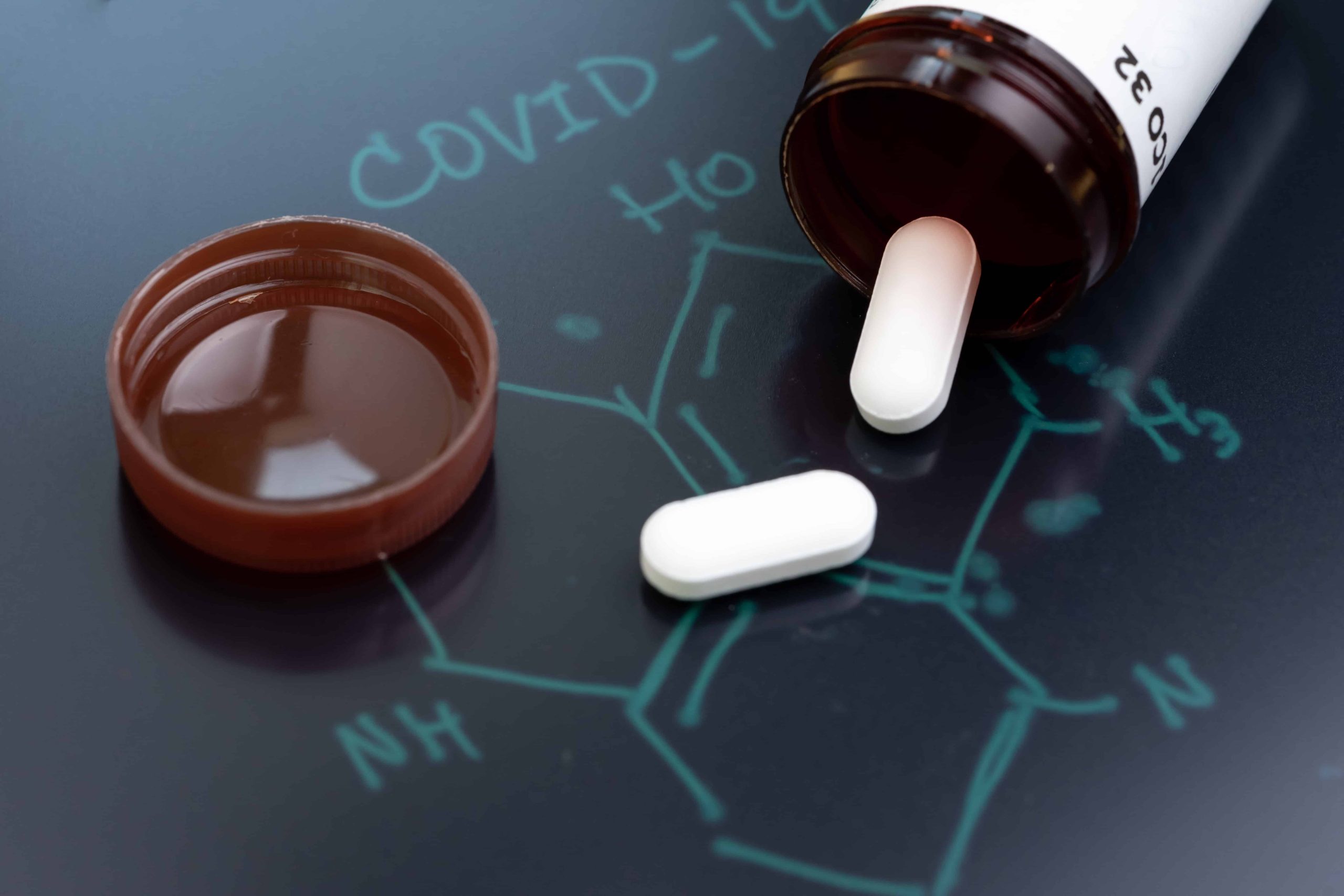
What Is the Treatment for the Coronavirus Disease by Dr. Chetan Ginigeri
3 min readWritten by Editorial Team

COVID 19 is not the first global pandemic, and it won’t be the last. Black Plague, AIDS, Asian flu, Ebola, swine flu…when you take a list of pandemics in history, you will understand that, in the end, mankind has always found a way to navigate all these threats.
This current outbreak of COVID-19 has long since attained the level of a global pandemic and has been declared as such. COVID-19 affected 210 countries and territories around the world. There is no specific treatment for the coronavirus. That is why it is perceived as such a big threat.

Treating COVID 19
Currently, no vaccine is developed to beat the coronavirus. As it is a viral infection, so no antibiotics will work. The treatment of COVID 19 is, thus, focused on treating the symptoms rather than eradicating the virus. Some western, traditional, or home remedies are found to provide comfort and alleviate the annoying symptoms of COVID-19. However, WHO does not recommend self-medication with any medicines, including antibiotics, as a prevention or cure for COVID-19.
Research is under way to develop potential vaccines and some particular drug treatments. They are being tested through clinical trials. WHO is coordinating all the efforts happening in different places to develop vaccines and medicines to prevent and treat COVID-19.
When the symptoms become severe, supportive treatments will be given at the hospital. Most patients recover; let us thanks to supportive care.
At the moment, the therapeutic tactics to combat and manage the infection are only supportive. Preventive measures intend to bring down the spreading of coronavirus in the community are our best weapon so far.
What Type Of Treatment Is Now Available For COVID-19?
So far, there is no vaccine or antiviral medicine is developed to prevent or treat COVID-2019. However, it is important to make sure the corona patients should receive care to relieve symptoms.
People with serious illnesses should be hospitalized. There are quite a few clinical trials that include both western and traditional medicines going on. Here are some treatment options that are currently being implementing in the treatment of COVID-19 symptoms.
Treating Mild Symptoms:
About 80% of people with mild symptoms can recover from the coronavirus at home and without a need for hospitalization. In such cases, the patient is instructed to
- Self-isolate and self-monitor
- Increase the fluid intake
- Eat healthily. Concentrate on immunity-boosting foods
- Take rest and sleep well.
- Avoid unhealthy habits like smoking and alcohol consumption.
- Stay physically active. Use exercise or yoga videos.
- Try relaxation exercises such as deep breathing, stretching, and meditation
- Most importantly, let the doctor know as soon as your symptoms worsen or experience trouble breathing.
Medicines
- Paracetamol or ibuprofen will help to bring down the fever and alleviate aches and pains.
- Cough syrups and cold medicines are used to fifth the cough and cold symptoms of the coronavirus.
- If you are already under some medication for some health condition, never stop it. You can continue taking it unless you are told not to by a healthcare professional. However, so far, no medication is found unsafe for a corona patient.
Treating Severe Symptoms:
In the most severe cases, COVID-19 brings about lung complications such as pneumonia and acute respiratory distress syndrome (ARDS). Sepsis is another possible complication of COVID-19. COVID patients with severe symptoms need to be hospitalized and continually monitored.
- Oxygen will be given to ease the breathing.
- Epinephrine shots may be given. This injection helps to relax muscles in the airways, thereby increasing airflow to the lungs.
- In worse cases, a medical ventilator to breathe will be connected.
The FDA is currently warning people against the websites and stores selling products that claim to prevent, treat, or cure COVID-19. At present, the most effective ways to protect yourself and others against COVID-19 are:
- Frequently clean your hands.
- Cover your cough with the bend of elbow or tissue
- Maintain a distance of at least 1 meter (3 feet) from people who are coughing or sneezing.

Editorial Team,
With a rich experience in pregnancy and parenting, our team of experts create insightful, well-curated, and easy-to-read content for our to-be-parents and parents at all stages of parenting.Read more.
Responses (0)
Want curated content sharply tailored for your exact stage of parenting?
Related articles

6 Tips Young Parents in College Need to Follow

Peter Pan Story With Moral For Kids in English

Understanding the Parental Role in Creating Safe Learning Environments for Children

How to Choose Jumpsuits During Pregnancy?

Third Trimester Pregnancy Advice For Partners – Week by Week

100 Father Son Quotes to Celebrate Their Beautiful Bond
Sponsored content
Discover great local businesses around you for your kids.
Get regular updates, great recommendations and other right stuff at the right time.





